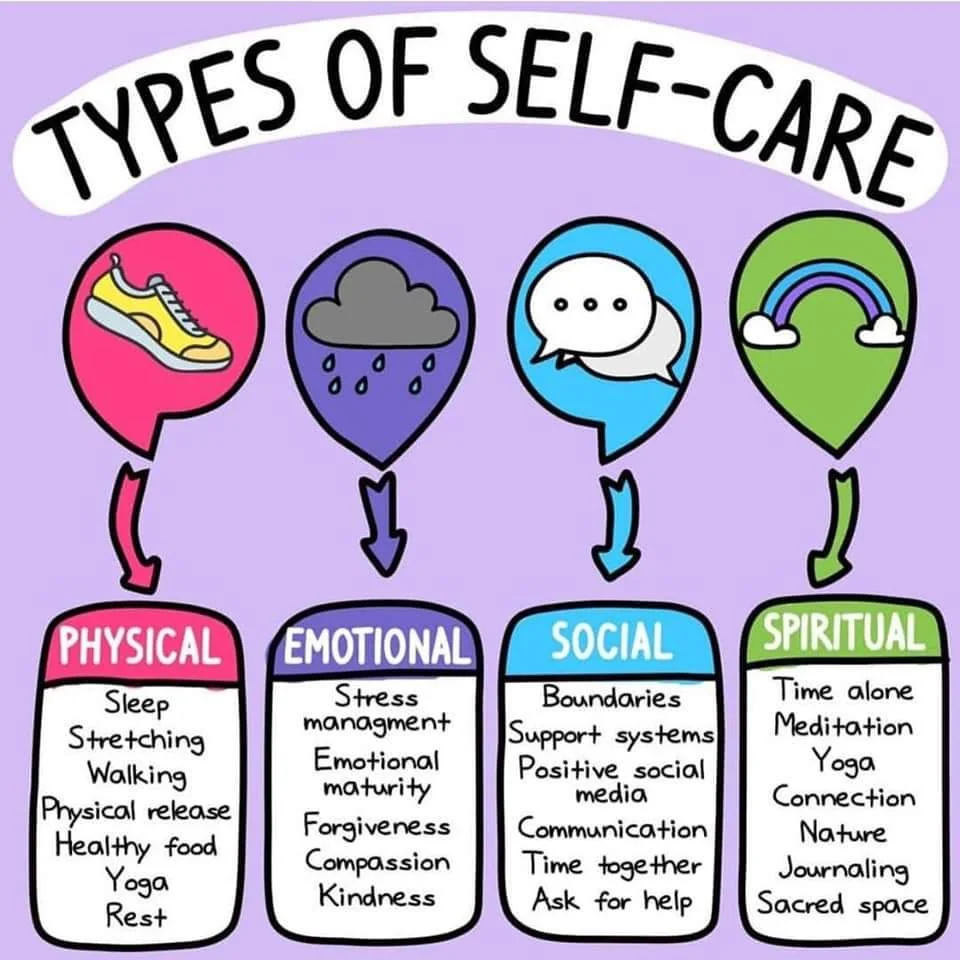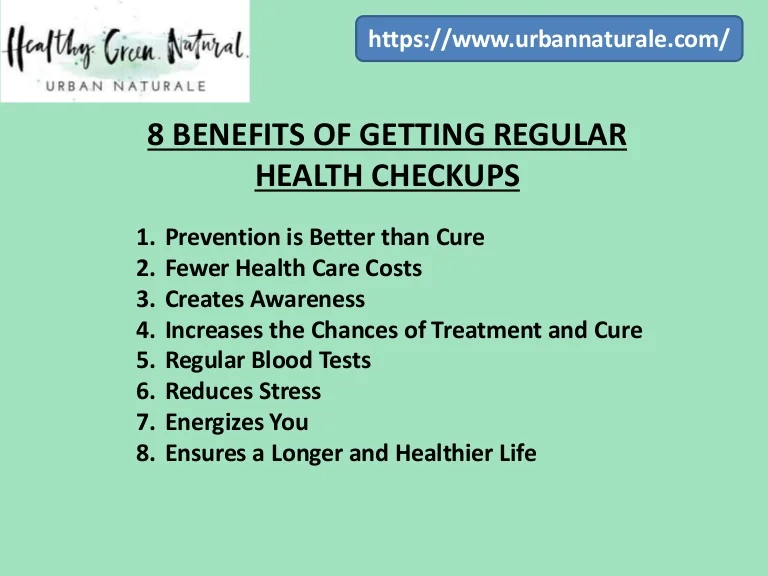Healthy living encompasses a broad spectrum of practices aimed at promoting physical, mental, and emotional well-being.

- NUTRITION
- HYDRATION
- EXERCISE
- SLEEP
- STRESS MANAGEMENT
- REGULAR CHECK-UPS
- MINDFULL AND MENTAL HEALTH
“The groundwork of all happiness is health.” – Leigh Hunt
NUTRITION: Process of providing the body with the necessary nutrients to sustain life and support overall health and well-being. These nutrients include carbohydrates, proteins, fats, vitamins, minerals, and water. hence nutrition is most essential part for healthy living.

HYDRATION:
Hydration is vital for maintaining optimal bodily functions and overall health. Adequate water intake supports digestion, circulation, temperature regulation, and nutrient transport. Signs of dehydration include thirst, dry mouth, fatigue, and dark urine. Balancing fluid intake with loss is crucial. Remember to drink water regularly to stay hydrated and energized.

EXERCISE:
Exercise is essential for maintaining physical fitness, improving overall health, and preventing chronic diseases. It encompasses a wide range of activities, from cardio and strength training to yoga and flexibility exercises. Regular exercise boosts mood increases energy levels and promotes longevity. Finding activities you enjoy makes staying active more sustainable.

SLEEP:
Sleep is a crucial aspect of overall health and well-being, essential for physical and mental restoration. Quality sleep supports cognitive function, emotional regulation, and immune health. Consistent sleep patterns and creating a comfortable sleep environment are key. Aim for 7-9 hours of sleep per night to optimize health and vitality.
STRESS MANAGEMENT:
Stress management is vital for maintaining mental and emotional well-being. Techniques like mindfulness, deep breathing exercises, and physical activity help reduce stress levels. Prioritizing self-care, setting boundaries, and seeking support from friends or professionals are essential strategies. Managing stress improves resilience and promotes a healthier, happier life.

REGULAR CHECK-UPS
Regular check-ups with healthcare providers are crucial for preventive care and early detection of health issues. These appointments typically include screenings, vaccinations, and discussions about lifestyle factors. By monitoring health regularly, potential problems can be identified and addressed promptly, leading to better outcomes and overall well-being.

MINDFULL AND MENTAL HEALTH:
Mindfulness practices, such as meditation and mindful breathing, promote mental health by cultivating present-moment awareness and reducing stress. These techniques enhance emotional regulation, improve concentration, and foster a sense of inner peace. Incorporating mindfulness into daily routines can effectively manage anxiety, depression, and overall mental well-being.

These habits collectively contribute to physical vitality, mental clarity, emotional resilience, and longevity. Through consistent effort and dedication to self-care, individuals empower themselves to lead fulfilling lives, free from the constraints of preventable health issues. Ultimately, healthy living is not merely a goal to achieve but a journey to be embraced, enriching every aspect of life along the way.